
Sometimes we may feel deep sadness as a result of the devastation that is happening on Gaia. We may feel despondant and hopeless at the level of destruction and greed that continues to escalate. Or we may feel overwhelmed, powerless and frustrated. Yet, there is so much beauty and magic in our world, so much to appreciate. While it's important to process fear, anger or other associated feelings that may arise as a result of the current chaos, we need to find a balance as opposed to getting lost in the despair and negativity. It can be helpful to find and focus on the positive elements too.
We don't need to do everything or feel overwhelmed by the enormity of the situation, rather implement the things that feel most important to us. Make one little choice in this moment, take one step at a time. Perhaps the biggest contribution we can make is to reduce consumption, though this article isn't for suggesting what to do, there's plenty of information to be found about that. It's about encouraging us to feel into our own hearts and make conscious choices in how we live our lives and celebrate the positive impact we can achieve. Living from our hearts we shine a light that brightens up the whole world.
Thank you!
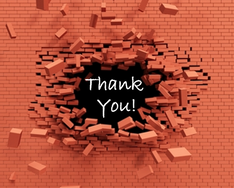
"To the person who uses metal straws to save fish, but comsumes animals, I'd like to say thank you. To the vegan who isn't aware of our homelessness problem, thank you. To the climate change activists who aren't attentive to fast fashion, thank you. To the girl who gives her old clothes to the disadvantaged but isn't educated on sex trafficking, thank you. To the guy who picks up rubbish on his way home from a surf but isn't well-informed about male suicide rates, thank you.
To the grandparents who knit socks for sick children but aren't up to date with current race and homophobic issues, thank you. To the students that stand up for bullying but are unaware of the constant domestic violence epidemie, thank you. To the peace activists, feminists, stray dog adopters, teachers, volunteers, foster carers, recyclers, givers, doers and believers, I say thank you. We are all on a different path and we all see through different eyes. Current world issues that you are passionate about, aren't always what other people are trying to change... and that's okay. It's not everyone's job to save every part of the world but it it everyone's responsibility to thank every person who is doing THEIR part to save the world. Don't criticize, just appreciate. Don't judge, just educate. We are all trying our best. Thank you."

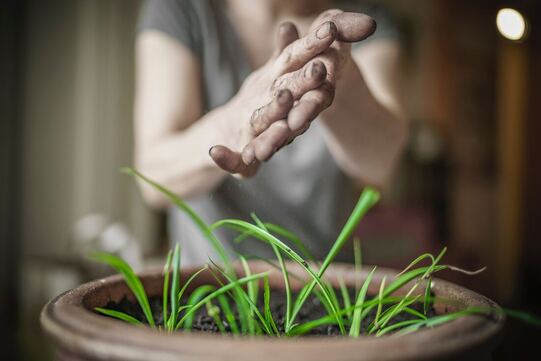
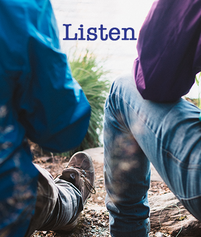
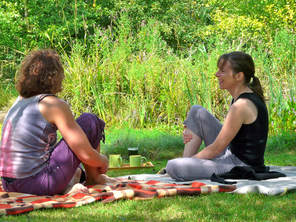
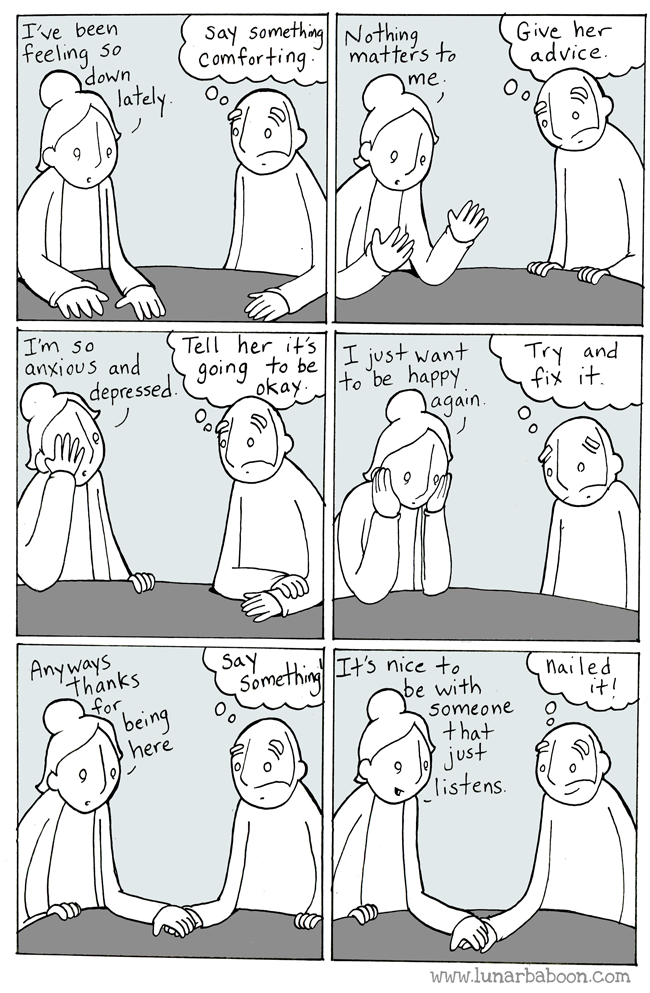

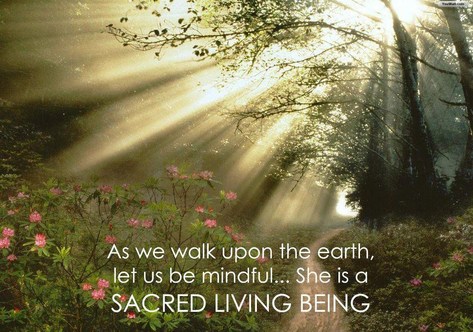
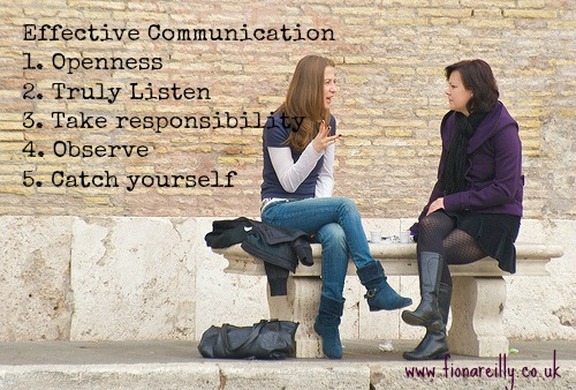
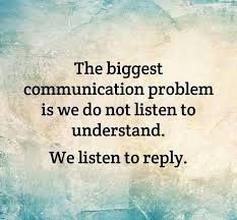
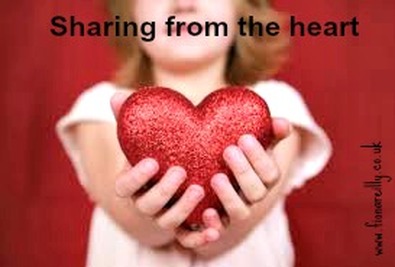
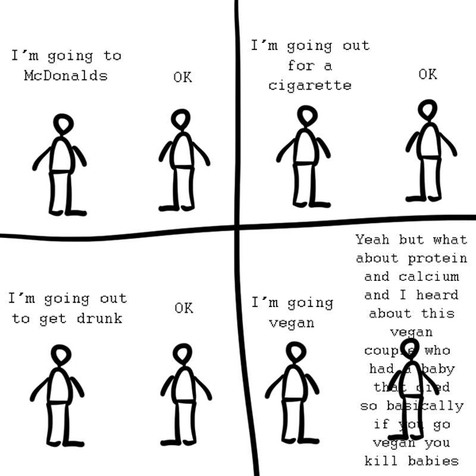
 RSS Feed
RSS Feed